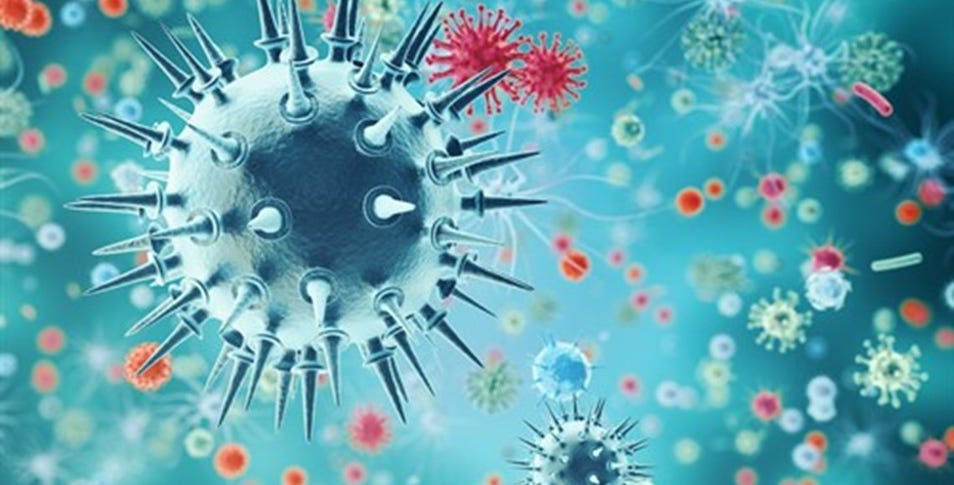THE FIGHT AGAINST INSECT-BORNE DISEASES

The most common disease vectors are insects which suck blood from an infected host, thus ingesting disease-causing micro-organisms in the process, and later transmit it to a new host. And out of all the disease-causing insects known to mankind, mosquitoes are unquestionably the biggest hazard to the good health of human beings. Diseases such as malaria, dengue, and yellow fever, which are transmitted to humans via mosquitoes, are cumulatively account for several million deaths across the world every year. However, mosquitoes aren't the only menace; other insects are also responsible for severe illnesses among people. The tsetse fly spreads the sleeping sickness, while sand flies are responsible for the leishmaniasis group of diseases. is spread by sand flies, with 350 million people at risk. 100 million people in Latin America run the risk of contracting the Chagas disease, which is spread by household bugs. Then there are also blackflies, which cause river blindness and fleas, which spread plague.
Here is a list of vectors and the diseases they carry:
1. Mosquitoes
a. Aedes Aegypti
- Dengue
- Zika
- Chikungunya
- Rift Valley fever
- Yellow fever
b. Culex
- West Nile fever
- Lymphatic filariasis
- Japanese encephalitis
c. Anopheles
- Malaria
2. Tsetse Flies
- Sleeping sickness
3. Black flies
- River blindness
4. Sand flies
- Leishmaniasis
- Sand fly fever
5. Triatomine bugs
- Chagas disease
6. Fleas
- Rickettsiosis
- Plague
While nearly 40 percent of the global population is at risk of contracting Malaria, Dengue is deemed the most important mosquito-borne disease in the world. 2,500 million people across the globe are exposed to the risk of being infected. Next up on the list of most deadly diseases caused by insects is leishmaniasis. It is linked to substandard housing, malnutrition, population displacement, and a weak immune system and is transmitted to people via the bite of the infected female phlebotomine sand flies. The plague, caused by fleas, still continues to affect a fairly small number of people in regions such as Asia and Africa.
The unfortunately wide range of insect-borne diseases aside, the fact remains that these diseases can wreak havoc on people's health and finances. And even though governments and various global agencies continually strive to battle these illnesses, individuals can also to do their part to avoid them. For example, you must discard standing water, a common breeding ground for mosquitoes, in and around your home. This means, you must check buckets, flower pots, and garbage. Other effective control measures include using door screens, sleeping under mosquito nets, wearing long sleeves and full-length pants. Another way to prevent the occurrence of such diseases is ensuring cleanliness all around - in and around your home, in the kitchen, and in the bathroom; this helps put a stop to breeding of other insects such cockroaches and fleas. You can also use repellents or household insect killer sprays or electric plug ins like the Mortein Powergard All Insect Killer and Mortein Insta5 Vapourizer. You know the old adage 'prevention is better than cure' - it is indeed the mantra to dealing with insect-borne diseases and ensuring your and your family's wellbeing.
